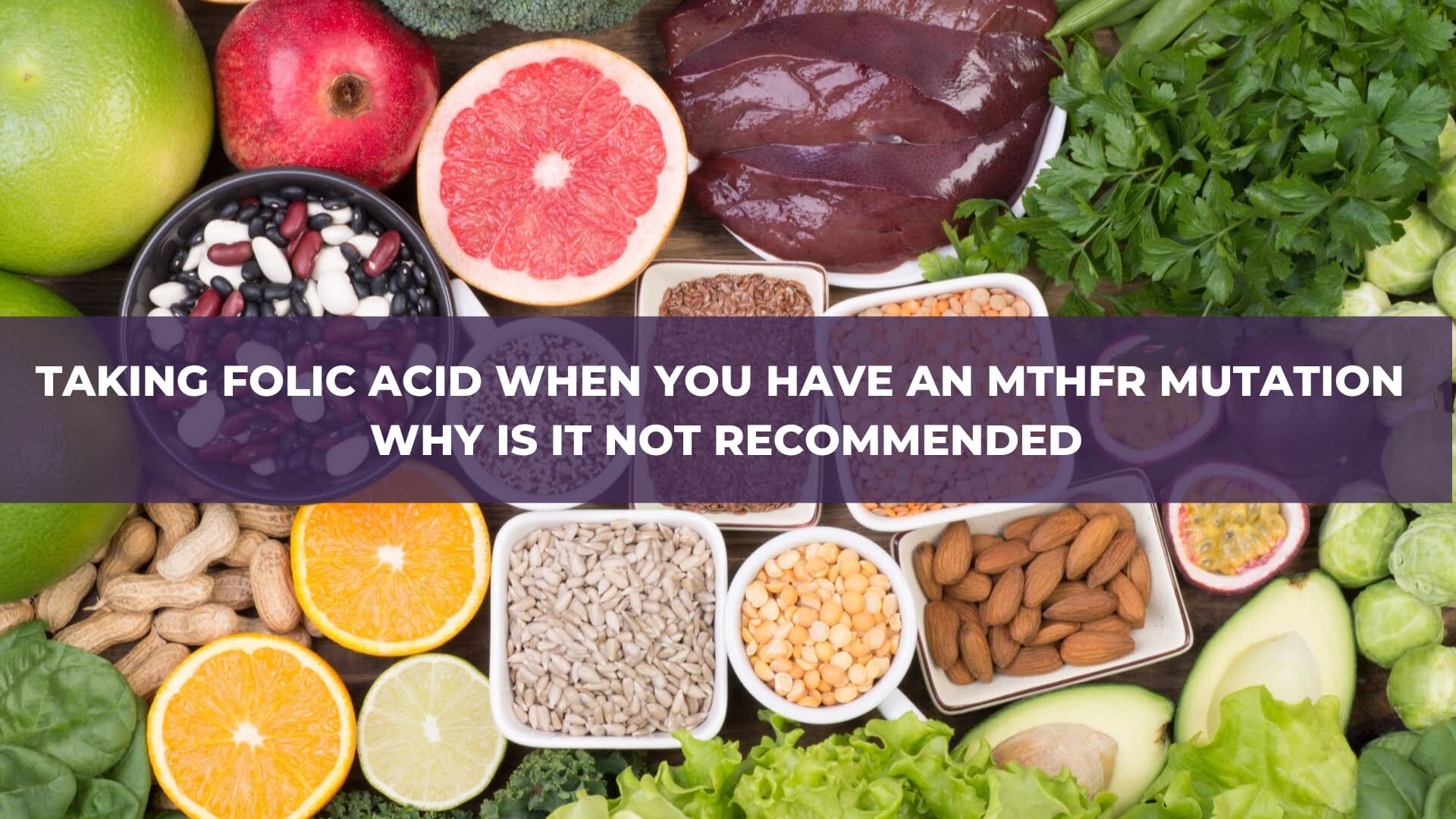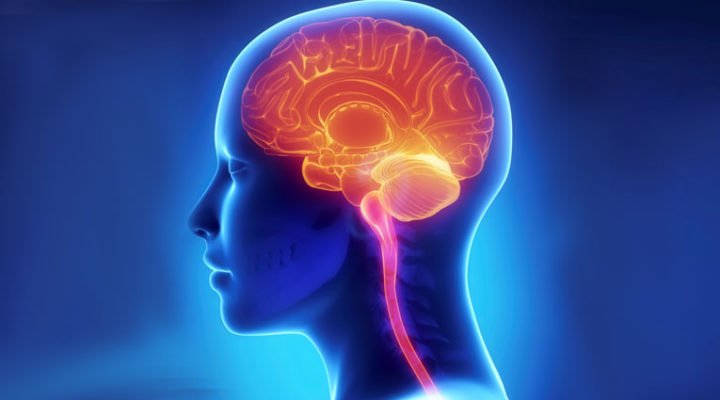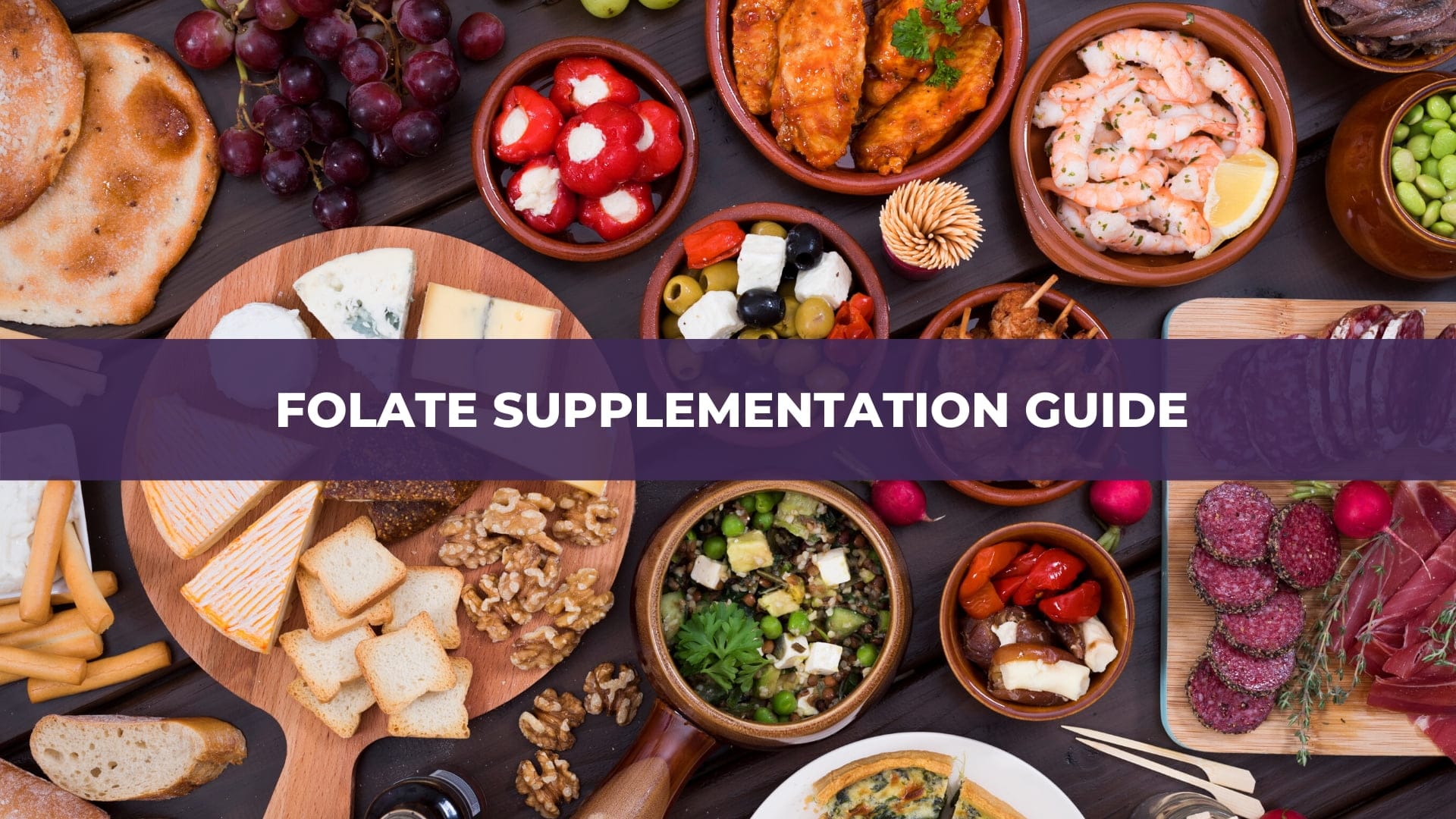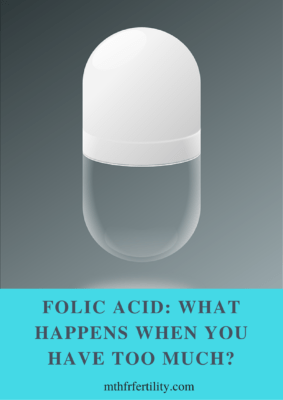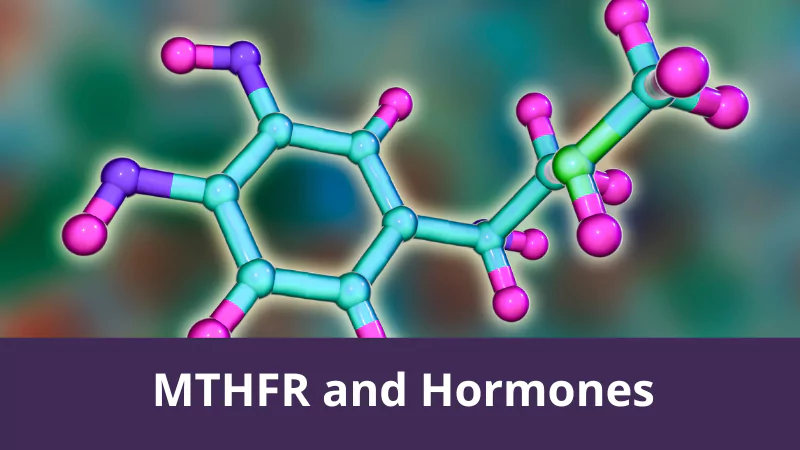
A Century-Old Procedure Offers New Hope
Does Flushing The Fallopian Tubes Increase Fertility? Recently, infertility was brought into the spotlight throughout the medical community. Specifically, they were highlighting a century’s old procedure and the success rate experienced by couples trying to conceive around the world: flushing the fallopian tubes. This is an old procedure that is over 100 years old. The


